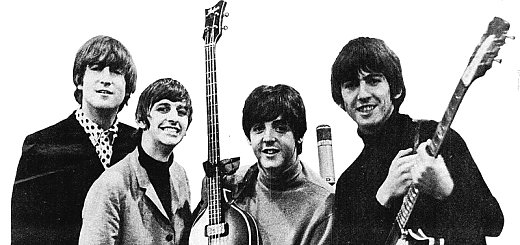Metal fans most likely to have sex in a car

Heavy metal fans are the mostly likely of any genre to have had a sexual experience in a car, according to a survey by TickPick about music habits while in automobiles. 75 percent of heavy metal listeners have experienced a sexual encounter in a vehicle, as opposed to 65 percent of all respondents, and ahead of fans of oldies music, hip-hop, rap and R&B/soul. Music of choice for car-sex - R&B and soul in over 27 percent of the time, metal 12.6 percent.





